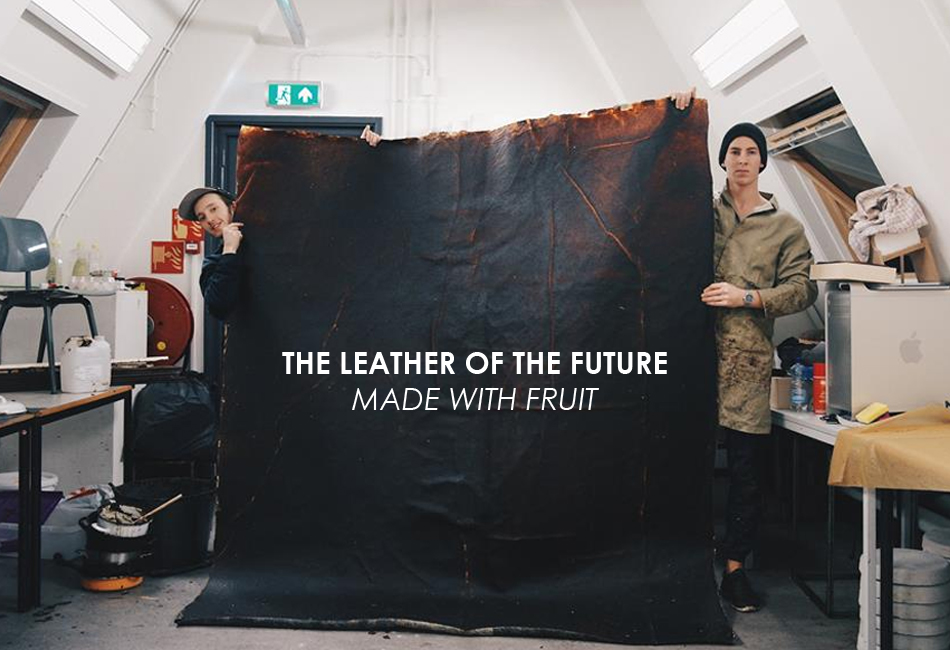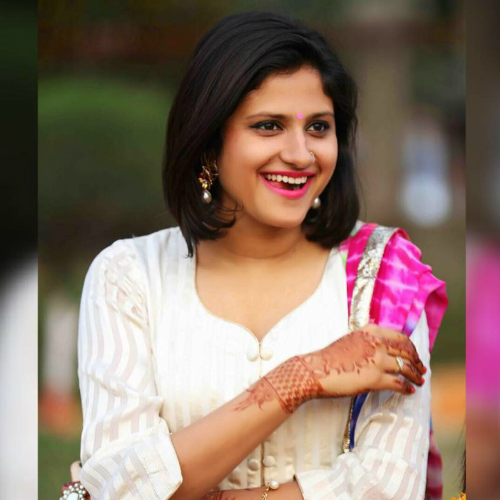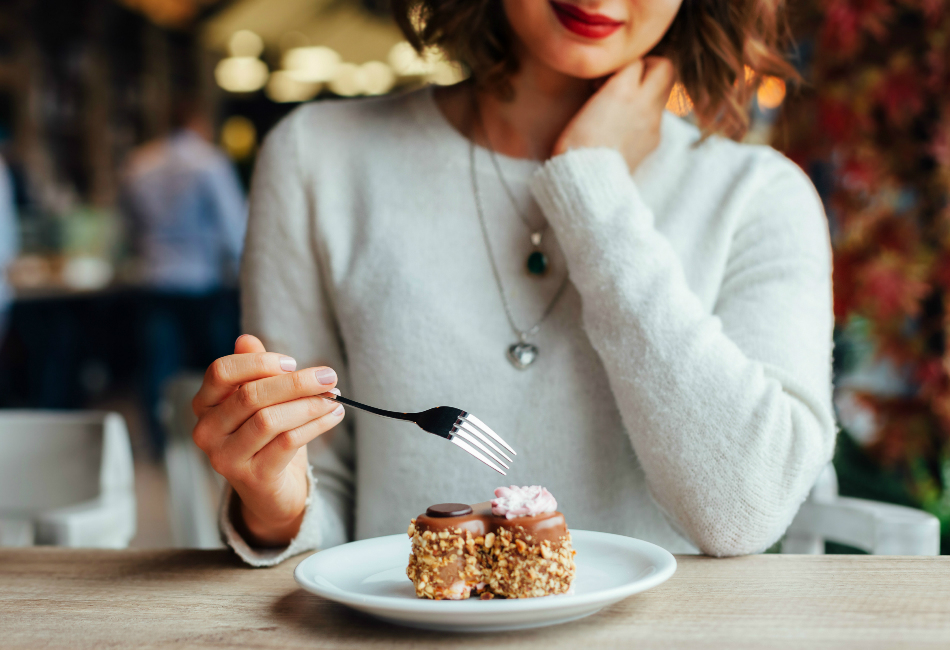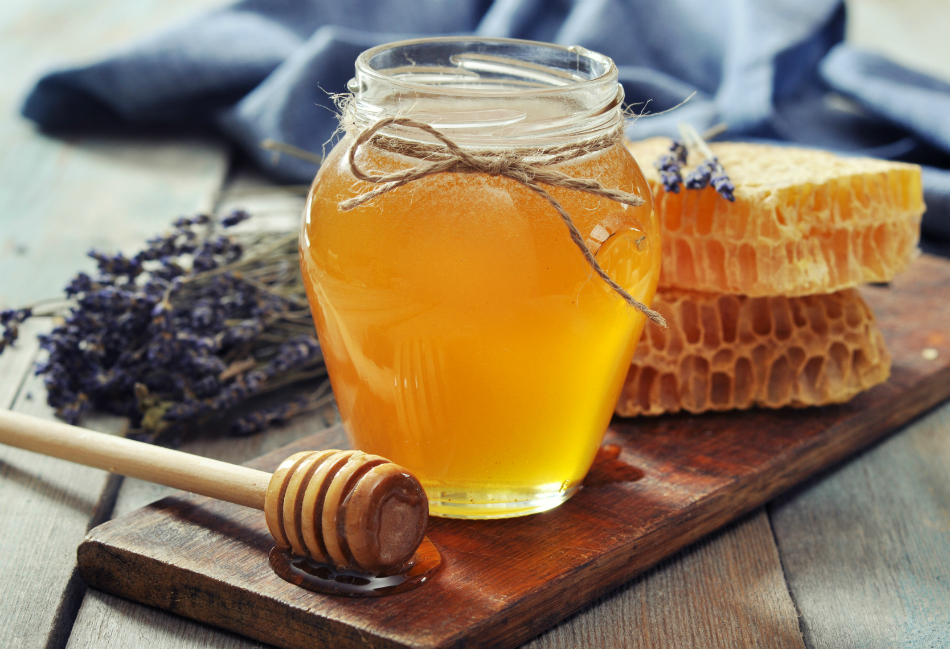Download Free Vegan Starter Kit -
3.png)
The Vegan Curly Hair Guide: Cruelty-Free Tips For Curly Hair
The Curly Girl Method made popular by hairstylist and author Lorraine Massey, was developed to help women embrace their curly hair around 2001. Around that time the straightening of hair had gained enough popularity for women to feel pressured into chemically treating their hair to make it poker straight. It’s safe to sometimes called it a ‘movement’, as it grew to include men with curly hair while challenging the standards of beauty being perpetuated in mass media.
If you’re someone who is on the path to following the curly hair method, or just someone looking to buy animal-free and cruelty-free products that have no harsh chemicals like sulfates, parabens or silicones, this guide is for you.
Let us give you a low-down of what to avoid and how to pick products that will suit your need.
DITCH THE SULFATES, PARABENS & SILICONES
This is usually one of the first and most important things you should do whether you have curly hair or not. Sulfates and parabens tend to strip your hair of its essential oils and leave you with dry hair that will need more care. Silicones are found in many conditioners and they build up on your hair leaving you with greasy hair after many uses. Many of these harsh chemicals are also tested on animals before being approved for humans.
Look for ingredients that do not have sulfate paraben or any word ending in ‘-cone’ to avoid these nasties. Most SLS and paraben-free products will clearly mention it on the packaging too.
.png)
HAIR NEEDS PROTEIN TOO
While we tend to concentrate more on moisturising our hair, protein is what gives the hair structure and strength. While it is important to balance out the protein needs of your hair, more often than not many companies tend to use animal proteins like ‘milk protein’ and ‘silk protein’ in their shampoos and conditioners. Another commonly found ingredient is keratin which is derived from animal parts.
Look out for deep conditioners, leave-in conditioners and hair gels that have soy protein or any plant-based protein mentioned. Also, check to see if the keratin is sourced from animals.
GO VOCAL FOR LOCAL
There are many Indian brands that are making curly hair products that can meet your eco-friendly requirements. It is important to give them a chance too, so we can reduce our carbon footprint. If you want to go a step further, you can opt for shampoo bars that come in zero-waste packaging.
(1).png)
CRUELTY-FREE DIY
Many people prefer to make their own hair products at home. There are tons of recipes online that have many different ways to condition those curls. Many of those recipes call for honey, curd made from animal milks or eggs. These can be easily replaced with things like flax seed gel, aloe vera gel, plant-based curd, coconut milk and coconut cream, plant oils and apple cider vinegar.
There are also many small businesses that make all-natural hair care products with the knowledge of traditional sciences that use herbs, roots, leaves and flowers.
PILLOWCASES, BONNETS AND HAIR BANDS
Curly hair needs much more protection and maintenance to keep the curls in form. Many times bonnets are used to cover up the hair so that the curl pattern is maintained after washing or even while sleeping. Cotton pillow covers tend to absorb the moisture from hair too. For all this many curly hair experts prescribe silk as the solution. Since that’s not an option for the vegans, satin is a far cheaper and equally effective option.
Satin pillowcases, scarves, head bands, hair bands and bonnets are easily available and work well to protect those precious curls.
(2).png)
If you truly care for your hair and the environment there are ways to make them both work. All of the personal care products wash into our sewage lines and end up polluting our oceans. Most of the product bottles are never recycled too. Ensuring we find ways to recycle plastic bottles and using lesser chemicals is always better for our own bodies and also for the oceans.
Like it? Share it!
AUTHOR
.png)
trending
Be a Vegan First Informer
Send us buzzworthy news and updates
Explore
Contact Us
About Us
Stay Connected
Copyright ⓒ 2017-2023. VEGAN PASSION PRIVATE LIMITED. All Rights reserved.
For more information, please write to hello@veganfirst.com
Registered Office Address: 55, 2nd floor, lane 2, Westend Marg, Saidullajab, Near Saket Metro Station, New Delhi, Gadaipur, New Delhi South West Delhi, DL

2.png)

.png)

.png)
2.png)
2.png)
2.png)


1.png)


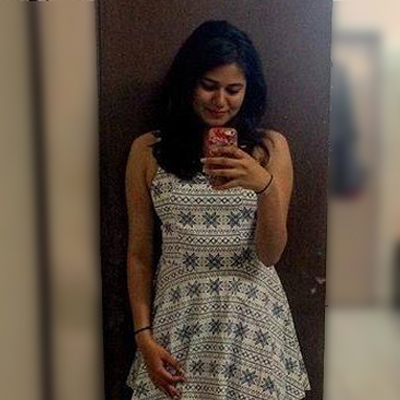

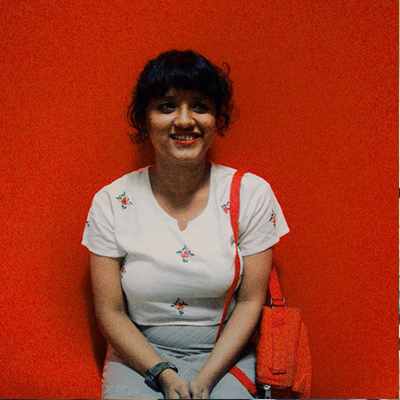
3.png)
